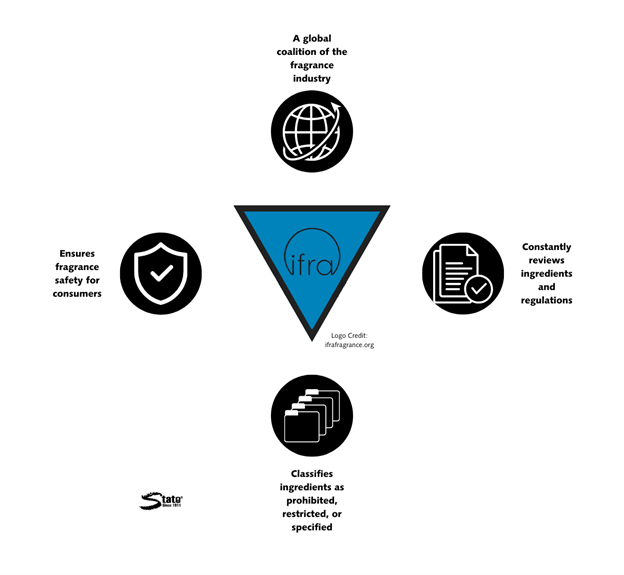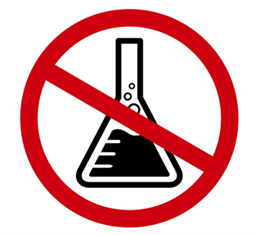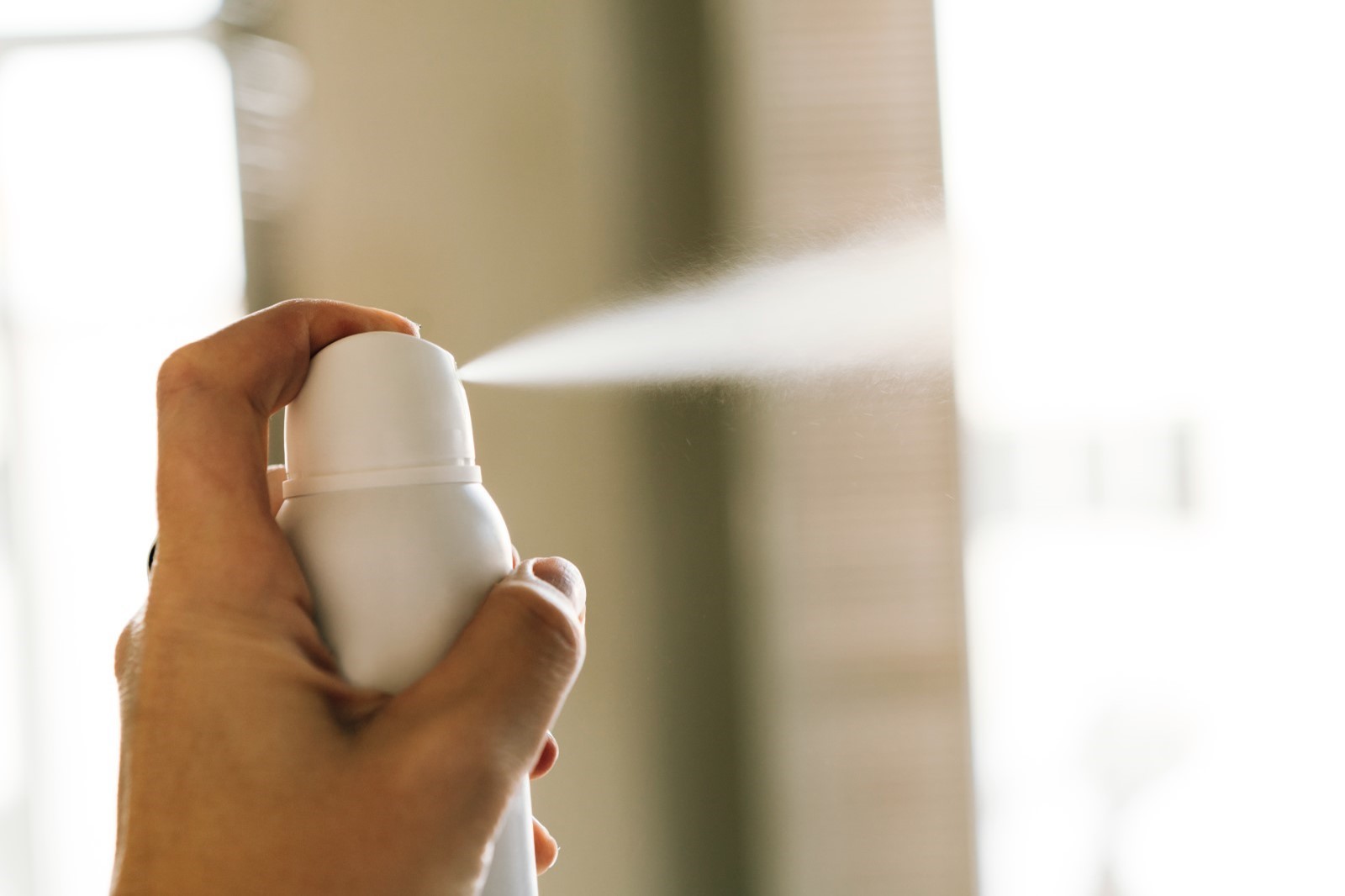What is the International Fragrance Association (IFRA)?
What is the International Fragrance Association (IFRA)?
You may have briefly heard of the International Fragrance Association (IFRA) in tandem with changes to fragrance regulations. Or maybe you didn't know the name but know that such an organization exists. Or perhaps you haven’t heard of IFRA at all.
At State Chemical, we manufacture and distribute a variety of chemical solutions, including fragrance products. With all the different information out there and the technicality of regulations, it can be tough to figure out what any of it really means.
In this article, we will explain what IFRA is, what the new regulations are, how these regulations affect commercial fragrances, and what it means for your facility. After reading, you’ll understand the purpose of IFRA and how its actions impact your day-to-day operations.
What is IFRA?
IFRA is a global coalition of the fragrance industry that ensures safe practices within the industry. This means reviewing ingredient safety for people and the environment and taking necessary safety measures.
In more basic terms, IFRA makes sure that fragrances don’t use unsafe ingredients.
To keep up with these measures, IFRA constantly updates its IFRA Standards, which are its regulations regarding fragrances and fragrance ingredients. After reviewing concerns regarding ingredients and concluding that they are in some way unsafe, IFRA regulates the ingredient in one of three ways: prohibition, restriction, or specification.
Prohibition entails a complete ban on the use of an ingredient. Meanwhile, restriction means that rules are set to either establish the maximum quantity to be used or to indicate which types of products are allowed to use the ingredient. As for specification, it establishes other conditions for the ingredient (e.g., purity criteria).
These possible actions ensure that the fragrances are used as safely as possible to minimize risk to the individual.
What is the IFRA 51st Amendment?
On June 30, 2023, IFRA introduced the 51st Amendment to its regulations, meaning that new ingredients are being regulated, and previously regulated ingredients now have additional restrictions.
This specific Amendment introduces 48 new ingredient standards based on skin/dermal sensitivity, systemic toxicity, genotoxicity, and depigmentation. Additionally, it revises 12 existing standards.
All new products with restricted or specified ingredients must comply with these standards by March 30, 2024, and any existing ones with restricted or specified ingredients must comply by October 30, 2025. Meanwhile, new products with prohibited ingredients must comply by August 30, 2023, while existing products with prohibited ingredients must comply by July 30, 2024.
However, despite these changes, there are also over 200 regulations that remain the same after this Amendment.
How Does IFRA Affect Commercial Fragrance?
These standards mean changes for manufacturers of commercial fragrances. Now, they have fewer ingredient options—sometimes, ingredients they’ve been using since introducing their products are now off the table.
This means that manufacturers may need to use new ingredients to try and replicate products’ original scents. As a result, you may notice that some of your products’ fragrances have slightly changed.
While it can be frustrating for your favorite products to change, this is for the sake of user safety, and some products will be indistinguishable despite these changes. It’s just a matter of the manufacturer making new chemical fragrance formulas.
What Does IFRA Mean for Your Facility?
Overall, IFRA Standards mean that fragranced products are safe for use in your facility. Yes, it also means that some of your products may change over time. Anyone who has noticed something off about their favorite candle fragrance knows that this can be upsetting, but at the end of the day, it makes your workplace safer.
Of course, reviewing product safety data sheets (SDS) and having other safety information on hand is still important. But IFRA works to reduce the risk for fragrance users while still preserving pleasant fragrances.
IFRA Standards are regularly updated. To stay up to date with regulations or to learn more about current ones, visit the IFRA website.
Learn More About Fragrance Sensitivity in the Workplace
Technical regulations can be confusing, but now you know what IFRA is and how it affects your facility’s fragrances. To continue learning about scent safety, click here to read about the new IRFA Amendment.












